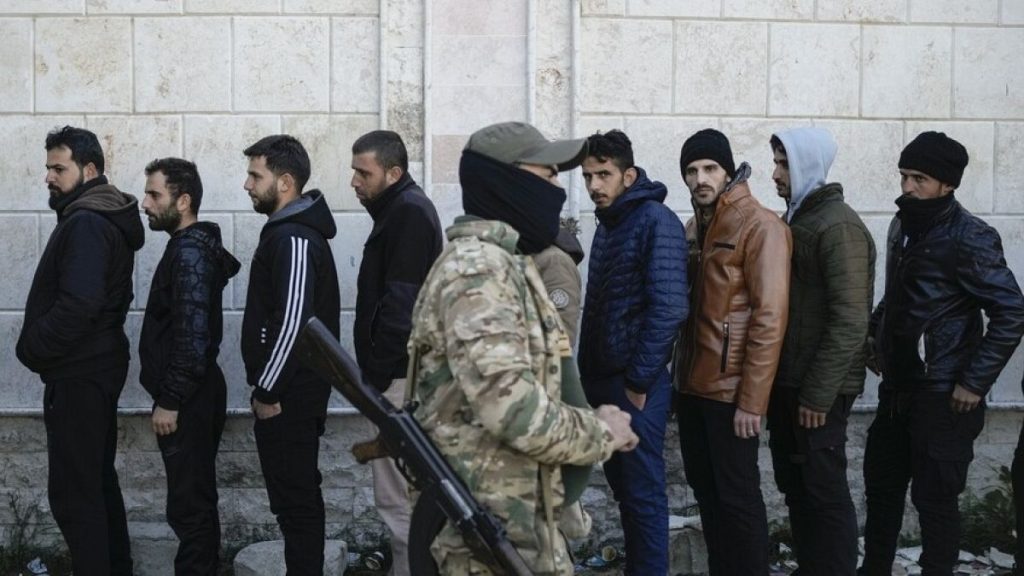The swift and unexpected downfall of Bashar al-Assad’s regime in Syria has ushered in a new era, with the Hayat Tahrir al-Sham (HTS) rebel group at the helm. HTS, having spearheaded the coalition of militias that orchestrated Assad’s removal, is rapidly consolidating its power, taking control of key sectors like the military and police, and establishing an interim government. Their message is one of unity and national reconciliation, urging Syrians both within the country and those who fled during the decades of conflict to return and rebuild. This marks a dramatic shift in the Syrian landscape, offering a potential path towards stability after years of brutal civil war.
The focus of HTS is now on restoring normalcy and functionality to daily life. Schools are reopening, social services are being reinstated, and even foreign embassies are cautiously returning, symbolized by the French flag once again flying over its embassy in Damascus. HTS, under the leadership of Ahmed al-Sharaa (formerly known as Mohammed al-Golani), emphasizes its commitment to a new Syria founded on unity, nationalism, and peace. This public message, combined with practical efforts to restore basic services, aims to reassure a populace deeply scarred by the long and devastating conflict. The challenge, however, is immense, given the widespread destruction and deeply ingrained societal divisions.
One of the most pressing tasks for HTS is rebuilding the police force, a critical component in establishing law and order. Abou Othma, previously police chief in Idlib, HTS’s stronghold, has been appointed to oversee the restructuring of the Damascus police. This involves a near-complete overhaul, as officers who served under Assad have been replaced. Many fled preemptively, some were arrested, and new recruits are being brought in from Idlib. While the immediate priority is establishing a presence and assuring the public, the force faces significant challenges, including staff shortages and the absence of a finalized legal framework. For now, their duties are limited to addressing public concerns and offering reassurance, highlighting the nascent stage of this rebuilding process.
The establishment of a new legal framework is crucial for the legitimacy and effectiveness of the new police force. Until these laws are rolled out, the officers operate in a somewhat ambiguous legal landscape. This underscores the complexities of transitioning from a long-standing authoritarian regime to a new, untested governing structure. While HTS emphasizes its commitment to unity and peace, the details of how this will be implemented in law and practice remain to be seen. Public buy-in and trust will be essential, particularly given the history of the conflict and the diverse groups within Syria.
Simultaneously, HTS is working to integrate former soldiers of the Assad regime into the new Syria. Reconciliation centers have been established, like the one in Latakia, where former soldiers can register with the interim government and receive new identification cards. This process involves surrendering any weapons they possess and completing application forms. HTS has offered amnesty to those who did not participate in atrocities against civilians, encouraging them to return to civilian life and contribute to the rebuilding effort. This amnesty, while potentially controversial, is a pragmatic approach to reintegrating a large segment of the population and avoiding further conflict.
This transitional period is fraught with challenges. The rebuilding of essential services, the establishment of a functioning police force, the integration of former soldiers, and the development of a new legal system are massive undertakings. HTS faces the complex task of uniting a fractured nation, addressing deep-seated grievances, and building trust among a population traumatized by years of conflict. The international community’s response, the return of refugees, and the long-term economic recovery will all play crucial roles in determining whether Syria can truly transition to a more peaceful and unified future. The path ahead is long and uncertain, but the initial steps taken by HTS point towards a concerted effort to move beyond the devastation of the past and build a new Syria.














